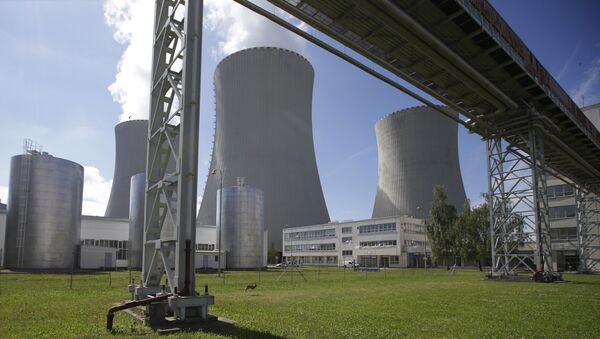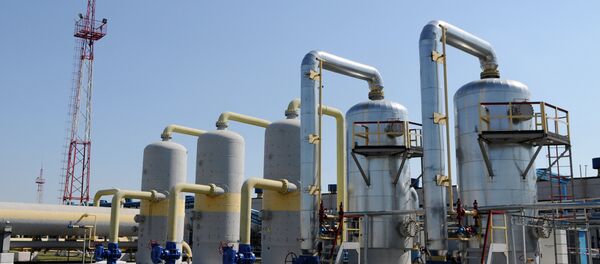"Nuclear power is projected to continue expanding globally in the coming years, even as the pace of growth slows amid competition from low fossil fuel prices and renewable energy sources," the IAEA said in a press statement following the release of its 36th Energy, Electricity and Nuclear Power Estimates for the Period up to 2050 forecast.
The forecast was revised downward due to the slowing trend caused by the aftermath of the 2011 Fukushima Daiichi accident, with the power capacity growth range expected at between 1.9 and 56 percent, down from last year's 2.4 and 68 percent. The highest increase would see capacity rise from some 382 GWe last year to over 598 GWe by 2030, according to the forecast.
Most of the expansion is expected in Asia, notably China and South Korea, as well as India. Eastern Europe with Russia and Belarus building new reactors presents a mixed picture, while Western Europe's capacity is projected to fall from the current 112.1 GWe to 77 GWe by 2030 in the worst case scenario. North America may face a moderate decline or increase depending on the scenario.
In March 2011, a 9.0-magnitude offshore earthquake triggered a 46-foot tsunami that hit Japan's Fukushima NPP, leading to the leakage of radioactive material into the surrounding environment and the shutdown of the plant. The accident, which is considered to be the world's worst nuclear disaster since Chernobyl, led to an ongoing collapse in uranium prices and led several countries to reconsider pursuing nuclear power expansion.






